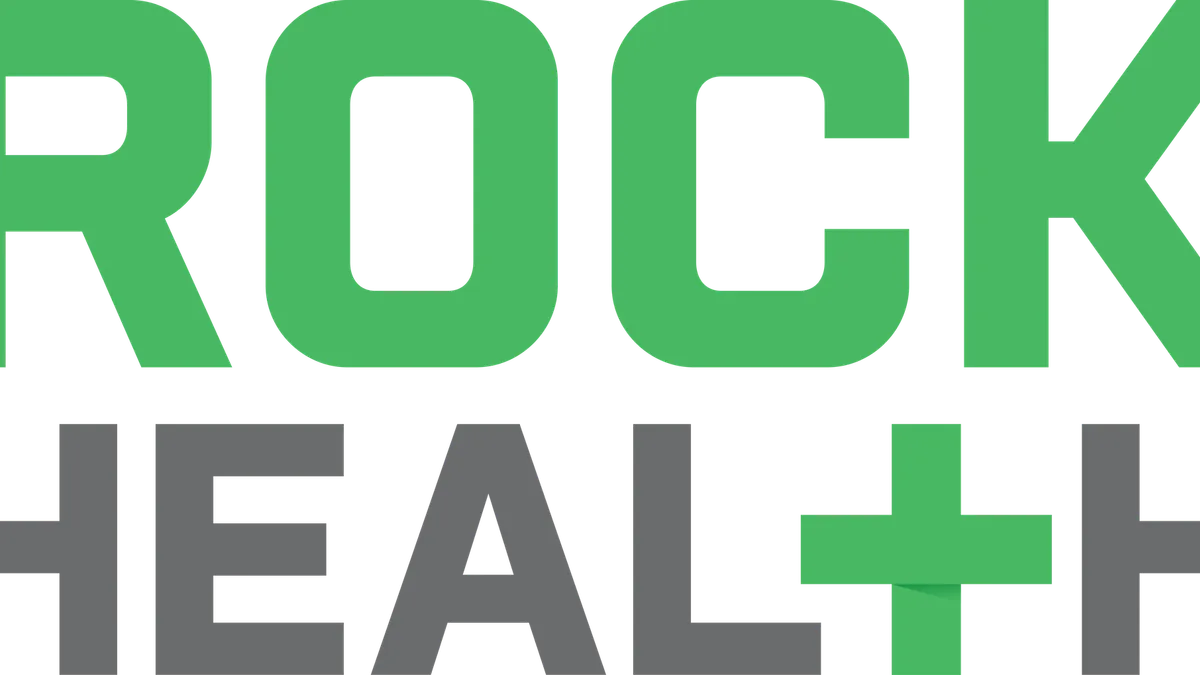Dive Brief:
-
Digital health funding in 2019 suggests more companies will be looking to go public or be acquired in the coming years, according to a report Tuesday from seed fund and research firm Rock Health.
-
The number of acquisitions of digital health companies in 2019 was about 40% below the high seen in 2015, the analysis said. But IPO activity surged as six digital health companies listed their shares, ending a three-year wait for a business in the sector to go public.
-
Funding activity suggests medical device companies interested in making digital health acquisitions will have plenty of options to choose from in the coming years. Investors pumped $7.4 billion into 374 digital health companies last year. Those figures are down slightly on 2018, when 380 companies received $8.2 billion in investment, but are well above levels seen from 2011 to 2017.
Dive Insight:
Rock Health has tracked investment in its target industry nearly a decade, and the data paint a mixed picture.
M&A remains down on recent highs. In 2015, Rock Health tracked 188 takeovers of digital health companies. By 2019, the figure had fallen to 112, up just one deal over the previous year.
The decline in M&A in recent years has been characterized by a sharp reduction in acquisitions by technology companies and consolidation among digital health startups. Medical device companies, biopharma businesses and payers, which Rock Health groups as "other" acquirers, continue to buy up digital health startups at a near-record rate.
Most of the money is now coming from repeat investors, with more than half of digital health VCs having been active since 2014. Rock Health's talks with financiers point to a potential slowdown in investment but, with funds sitting on cash from the recent boom years and still committed to digital health, money is expected to continue flowing into startups with promising technology.
Six digital health startups, as defined by Rock Health, were also able to raise money from public investors in 2019. The report said that as of Jan. 1, the 2019 class of IPOs (Livongo, Health Catalyst, Phreesia, Change Healthcare, Peloton and Progyny) had a combined market cap of $17 billion.
The Rock Health team noted that listings took place at a time when many companies in other industries went public, and the post-IPO performance of stocks like Uber, Lyft and Slack may be making investors less willing to invest in new listings, creating a headwind for digital health startups that want to go public.
Still, Rock Health thinks the overall picture is positive, pointing to creation of remote patient monitoring reimbursement codes, the advance of FDA's Digital Health Software Precertification Program, and collection of public comments on proposed data blocking rules as positive developments.










